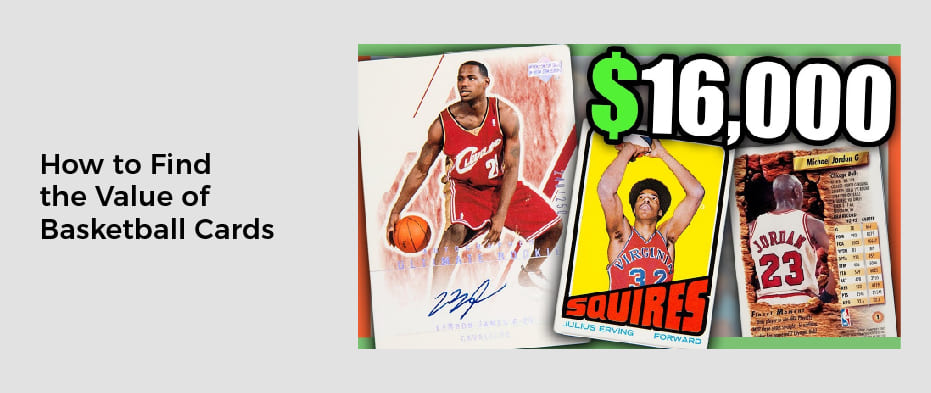Basketball is a sport that requires great skill, athleticism, and perseverance. It is a game that has produced many legendary players, from Michael Jordan to Kobe Bryant. However, not every player on the court is a star. Some players struggle to find their footing, while others are simply not cut out for the game. In this article, we will look at the story of the worst basketball player and how he overcame the odds to become a better player.
Introduction
Basketball is a sport that requires a combination of physical and mental skills to succeed. Players must be able to run, jump, and shoot accurately while outsmarting their opponents. However, not every player is born with these skills. Some players struggle to keep up with their peers, while others are simply not cut out for the game. This was the case for one young man who would eventually become known as the worst basketball player ever.
The Early Years
Growing up, John had always been a fan of basketball. He loved watching games on TV and dreamed of one day playing professionally. However, when he tried out for his high school basketball team, he quickly realized he was not a natural athlete. He struggled to keep up with his teammates during practice and was often left on the bench during games. Despite this, John refused to give up on his dream. He spent hours practicing every day, working on his dribbling, shooting, and passing skills.
The College Years
After high school, John decided to attend a small college where he could continue to play basketball. However, he quickly found that the competition was even tougher at the college level. His teammates were faster, stronger, and more skilled than he was, and he struggled to keep up. Once again, John spent most of his time on the bench, watching his teammates play from the sidelines.
The Turning Point
Despite his struggles, John refused to give up on his basketball dream. He continued to practice every day, even when it seemed like he was making no progress. Then, one day, something clicked. John realized that he had been focusing too much on his weaknesses and not enough on his strengths. He began to work on the things he was good at, like his shooting and his ability to read the court. Slowly but surely, John began to improve.
The Comeback
John had become a much better player by his senior year of college. He was no longer the worst player on the team, but he was still far from being a star. However, he had developed a new sense of confidence and determination that helped him stand out on the court. During one game, he made a crucial play that helped his team win the game. It was a small victory, but it was enough to make John realize that he had come a long way from the worst basketball player he had once been.
The Redemption
After college, John continued to play basketball at local parks and community centers. He was no longer the worst player on the court but was still far from being a star. However, he had learned to appreciate the game for what it was rather than what he wanted it to be. He had learned to love the challenge of improving and the thrill of competition. And in the end, that was all that mattered.
FAQs
Q. Who is considered the worst basketball player of all time?
A. The identity of the worst basketball player of all time is subjective and varies from person to person.
Q. Can anyone become a good basketball player with enough practice?
A. With enough practice and dedication, anyone can improve their basketball skills, but some people may have a natural talent for the game.
Q. How long does it take to become a good basketball player?
A. The time it takes to become a good basketball player varies depending on the individual’s skill level and dedication to practicing.
Q. What are some tips for improving basketball skills?
A. Some tips for improving basketball skills include practicing regularly, working on weaknesses, watching and learning from experienced players, and focusing on fundamentals like dribbling, shooting, and passing.
Q. What is the importance of perseverance in basketball?
A. perseverance is essential in basketball because the game requires physical and mental skills that can take time to develop. Sticking with it and continuing to practice and improve is necessary for success on the court.
Q. What are some common mistakes that new basketball players make?
A. New basketball players make common mistakes include not focusing on fundamentals, neglecting to warm up properly before playing, not communicating with teammates, and trying to do too much on their own instead of relying on teamwork.
Q. How can I stay motivated to continue practicing and improving my basketball skills?
A. Setting achievable goals, tracking progress, seeking feedback from coaches or experienced players, and practicing with a team or partner can all help you stay motivated and committed to improving your basketball skills.
Q. How important is physical fitness for basketball players?
A. Physical fitness is essential for basketball players because the game requires high endurance, strength, agility, and speed. Staying in shape and maintaining good physical health can also help prevent injuries.
Q. What are some strategies for improving mental toughness in basketball?
A. Strategies for improving mental toughness in basketball include staying focused and positive, visualizing success, learning from failures and mistakes, developing a pre-game routine, and practicing relaxation techniques like deep breathing or meditation.
Conclusion
The story of the worst basketball player is a reminder that success is not always measured in wins and losses. Sometimes, the biggest victories come from within when we learn to overcome our weaknesses and push ourselves to be better.
John’s journey from the worst basketball player to a competent player is a testament to the power of perseverance and the importance of never giving up on your dreams. Whether you are a basketball player, a student, or anyone striving to achieve a goal, it is important to remember that success is not always easy or immediate. It requires hard work, dedication, and a willingness to learn from your mistakes.








